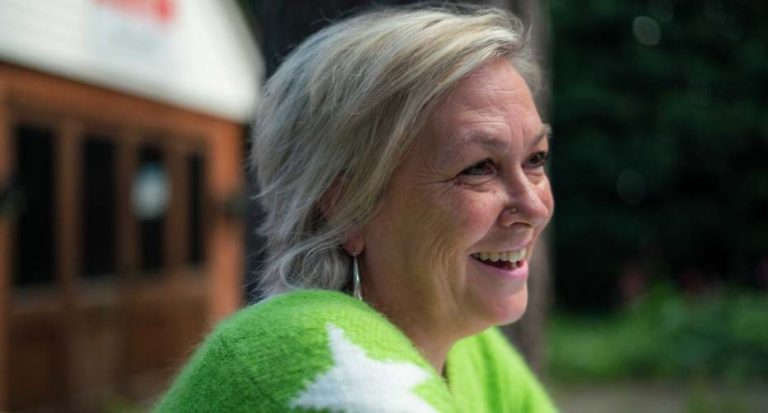Today, Shaw Trust launches our latest report, ‘The disability employment gap for graduates’.
We wanted to better understand the employment gap between disabled graduates and their non-disabled peers, and in particular the larger gap for graduates with sight loss, mobility impairments, autism, and two or more co-occurring conditions.
This qualitative study brings the voices of disabled graduates to the forefront.
We set out to understand how students’ career expectations are affected by their disability, how and why students choose to share information about their disability with employers, and what impact disability has on their transition into work. The research therefore focused on the initial career journey of disabled graduates in the UK, starting while they are still studying and moving through the job search, application, interview and negotiations process.
We were pleased to collaborate on this qualitive research with inclusive research agency, Open Inclusion, who designed and conducted the research on our behalf.
We found that disabled graduates’ career journeys are shaped by their experiences as an individual, their support systems, and potential employers. This may relate to, but is not limited to, a graduate’s:
• personal and professional identity
• recruitment experience with an employer
• understanding of how they fit into an advertised role
• ability to take part in a recruitment process
• experience of University careers support
• access to mentors and support networks.
Alongside this, AGCAS has today launched the ‘What happens next in challenging times?’ report, analysing 2020 and 2021 Graduate Outcomes data for disabled graduates. In this report, quantitative research shows that employment gap figures for the total number of disabled graduates have remained constant, and that disabled graduates are less likely to be in highly skilled, secure employment than graduates with no known disability.
These complimentary reports share a holistic review of the employment journey for disabled graduates.
Our CEO Chris Luck, commented:
“I hope these reports will inspire and motivate action and change and in particular, to encourage employers to seek support and ensure that accessibility and inclusivity is considered in their graduate recruitment processes, to diversify their talent and support a more inclusive and representative workforce.”




